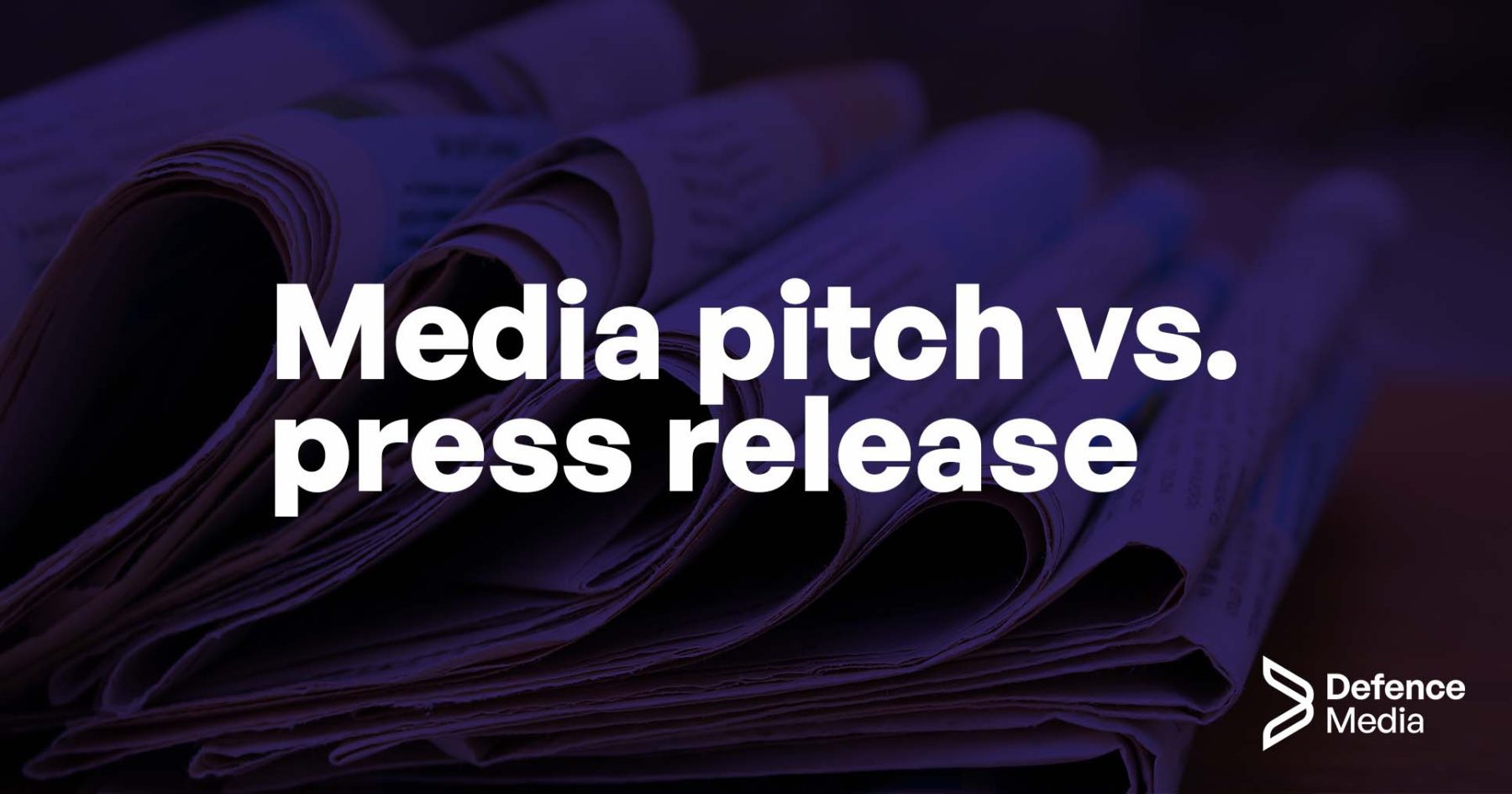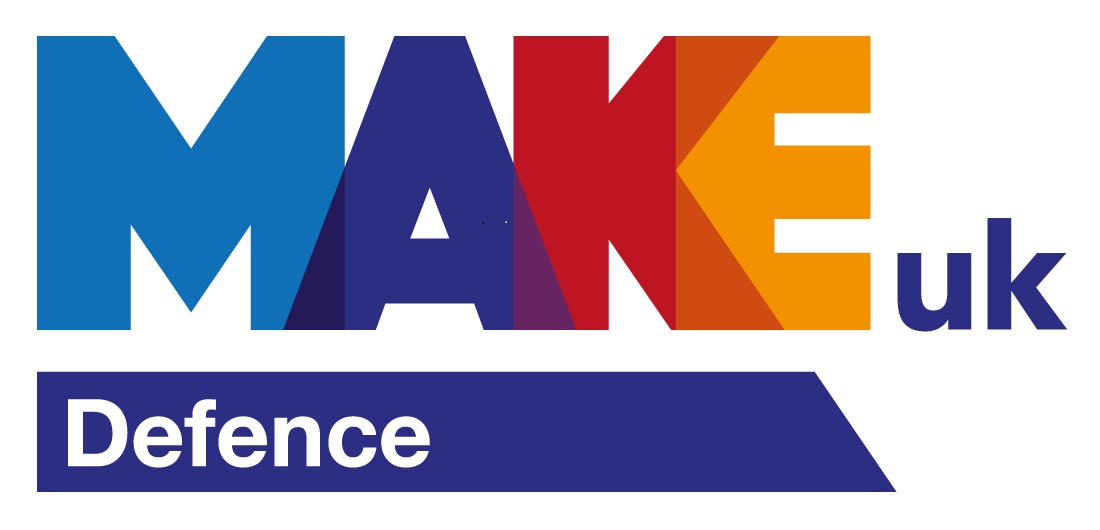Media pitch vs. press release – what’s the difference?
17.10.22


17.10.22

If you’ve been looking at engaging with the media as part of a PR campaign, there’s a good chance that you’ve come across a few terms such as ‘pitching to journalists’ or ‘writing a press release’ – but what’s the difference between a media pitch vs. press release? We find out in this blog.

Let’s get straight to it. As its name suggests, a press release is a specific type of document that is written to highlight company news or information that is then officially ‘released’ to members of the press. A media pitch is a way of highlighting a news release – and your company – to a journalist and inviting them to write about you, including setting up interviews with key individuals in the organisation.
A great media pitch can be the difference between you being published across a number of major publications, or simply being ignored and only being published on your company website. A tailored media pitch to a publication or journalist firstly makes them aware of your company, while at the same time it also helps to give context and summarises what it is that makes you actually worth writing about.
The combination of a well-written press release along with an effective media pitch should be enough to get your news published in your target publications.
It’s important to remember two things when developing a media pitch: personalisation and contextualisation.
Firstly personalisation; it’s important to spend some time on this and not use the ‘spray and pray’ method of simply emailing every journalist that you’ve managed to collect in your contact book with: “Hey, please read our latest press release”. It won’t work and you’ll likely be ignored.
Pitches need to be relevant to the journalist that you’re contacting, as well as personalised and focused on their interests. This is why you must take time to research publications and journalists, or use an agency that has this experience.
Journalists will be far more responsive if you have read their stories, know the publication, and know where your news fits into their coverage. A press release pitch example could be the following:
“I saw the fantastic story you wrote about the advances in AI technology in the transport industry, and I thought you might be interested in this new development from our company, which is focused on computer vision for self-driving cars.”
We also have to contextualise a media pitch to show how it relates to current events or trends; journalists always like to link announcements to wider industry trends, which also gives greater insights for the publication’s readers.
Journalists are always looking for the “why”: why is this relevant? Why is this announcement important when I have lots of other pitches to deal with? Why is this different from what other companies are doing in the market?
Always address the why when writing a pitch for a press release, and use facts and figures to bolster your statements. For example:
“I’m writing to you to make you aware of our recent press release that we’ve just published, and I think it will be of interest to you and your readers. We’ve released details of our new electric aircraft engine, which is set to revolutionise the aviation industry by helping reduce the high amount of carbon emissions that the industry creates by 75%.”
You should always remember that journalists are busy, and they may take some time to read your press release and get back to your pitch. Don’t pester with a phonecall after 30 minutes as you’ll most likely be told to not-so-politely go away.
Call them within a few hours and ask whether they’ve managed to read it, and if they want to go ahead with speaking to your company expert and finding out more.
If they’re not interested, try to find out where the story or media pitch fell short this time round and work on improving this for future engagements.
Even if they don’t cover your story, at least they have now heard of your company and may consider speaking with you again. Stay connected with them, follow their updates online and keep your relations fresh with them so that you can keep offering news in the future.


Signatories of:


Members of:



Innovation House
Molly Millars Close
Wokingham
RG41 2RX